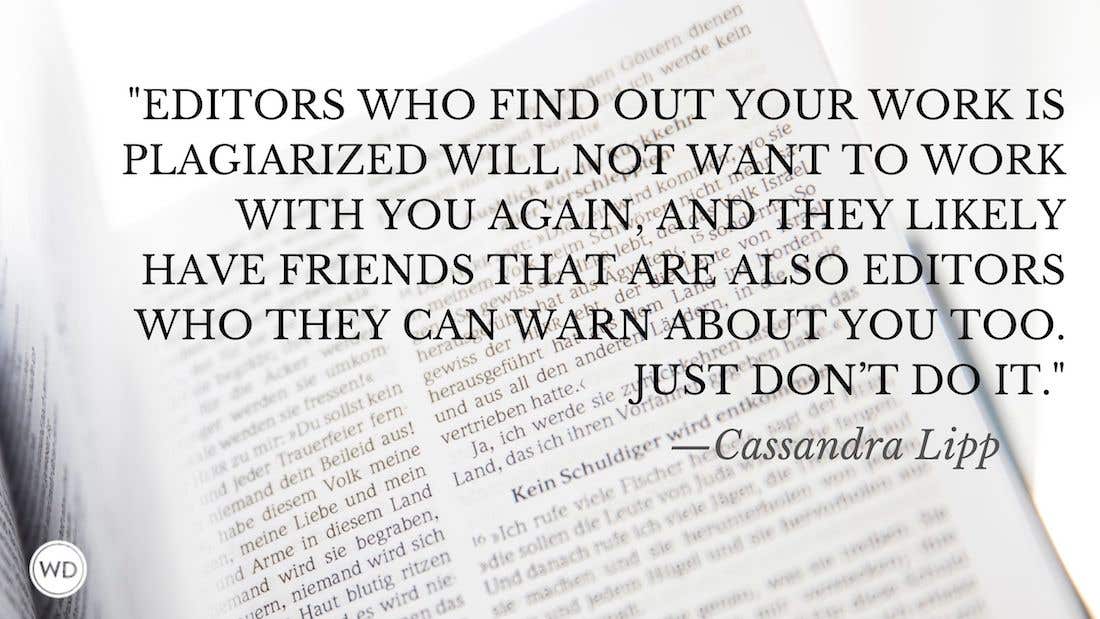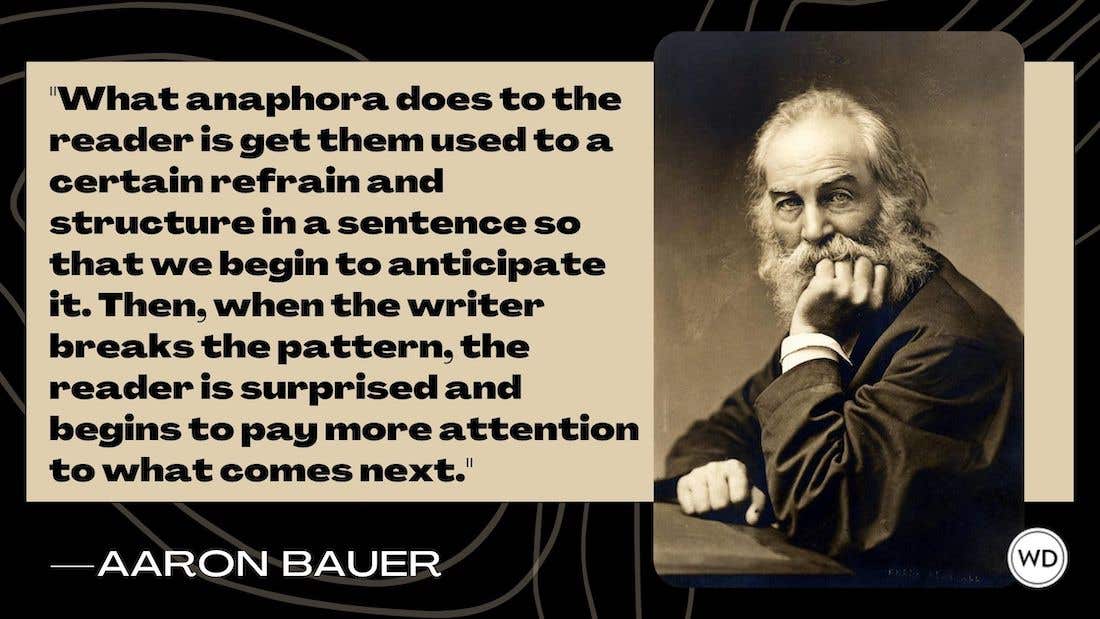Interview With Poet Nancy Posey
We’re two days into the 2010 November PAD Chapbook Challenge. (Click here to read about the 2010 November PAD Chapbook Challenge.) Recently, I interviewed the 2009 November PAD Chapbook Challenge…
We're two days into the 2010 November PAD Chapbook Challenge. (Click here to read about the 2010 November PAD Chapbook Challenge.)
Recently, I interviewed the 2009 November PAD Chapbook Challenge winner: Nancy Posey. Her collection, Let the Lady Speak, got into the skins of many different women and beat a field of more than 150 chapbook submissions.
Here's a personal favorite of mine from the collection:
Or Maybe the Day After That, by Nancy Posey
I'm tired of thinking about Tara,
trying to save her for God knows
what.
I'm tired of plenty
after all those months
of making
do.
Sometimes I miss boiled turnips
and dirt under my nails.
I'm tired
of dresses
made to order, petticoats
and ball gowns,
so tired I could
rip these curtains
from the windows too.
I'm too tired to bear anyone's
grief
but my own,
tired of apologizing
for misplaced jealousy.
I
don't care if I have to loosen
my corsets after a hearty meal,
one I
cooked myself.
Right now I have no plans
to make plans. Instead,
I'm
going to sit right here
at the foot of the stairs
and have a good
cry,
and I don't care if anyone
gives a damn or not.
Maybe tomorrow, my
thoughts
will come clearer--or
maybe the day after that.
*****
What have you been up to the past year?
This year, I have continued to write a lot of
poetry, responding to the Wednesday prompts and also writing with my Baker's
Dozen group with daily prompts. I've
also gotten more involved with the local and state poetry scene. Here in Hickory, NC, we have a monthly event (second Tuesday) called Poetry
Hickory that meets at Taste Full Beans, a local coffee shop that supports the
arts in so many ways. I attended
sporadically before, but when my selection as winner of the Chapbook Challenge
was announced, the facilitator Scott Owens invited me to be one of the open mic
readers right afterwards, and I am scheduled as one of the featured readers in
January.
Before the readings each month, a writers' group
meets. Sometimes we discuss our
submissions and successes. We've had
some writers workshops, led by Richard Krawiec, Maureen Sherbondy, and Joseph
Bathanti. Some of the regulars are poets
you've interviewed—Helen Losse of the Dead Mule School of Southern Writing, and
Jessie Carty, a poet blogger who also edits the online Referential Magazine.
I've also been invited to present a program on poetry at
some local book clubs, which has been great fun. Kathryn Stripling Byer, NC's former poet
laureate, has talked to me about how to get book clubbers more interested in
poetry. I'm actually toying with the
idea of an anthology for just that purpose.
I've also joined the board of the Poetry Council of North
Carolina, responsible for the annual high school poetry contest. This month I attended the Council's National
Poetry Day at Catawba College in Salisbury, where I got to hear readings not
only from student poets but from some of the best poets in the state.
Caldwell Community College and Technical Institute, where
I teach English, has a strong program in the Laruette LePrevost Writers
Symposium. Over the years, we've had so
many nationally renowned writers. This year, I am working with my colleagues to
plan a poetry focus for this year's symposium. We have scheduled NC's new poet laureate Cathy Smith Bowers, and we are
planning a month of poetry events, including readings from several local and
regional poets, student poetry writing contests, and our third almost-annual
poetry slam.
What were you expecting to get out of the November PAD
Challenge last year? And did you get it?
Initially, I participated in the challenge last year (and
the year before) because I wanted to channel my poetry somewhere beyond my big
green notebook. Winning was a huge
motivator, and I was overwhelmed by the feedback I received, not only from the
other poets who participated but from so many other directions. My selection was featured in articles in
several newspapers too.
I'll admit that I had hoped to have the chapbook
published in hard copy by now, but I stalled a little when trying to decide
between self-publishing (and I have a great option there) or submitting and
waiting it out. At this point, I am in the last stages of publishing, so I hope
some of my PAD friends will be interested when it comes out.
Could you explain what you've tried doing with your
winning collection (Let the Lady Speak) this past year? Also, has the
manuscript changed at all?
The idea from my collection started with my poem from the
perspective of Hamlet's mother. Years
ago, I read a epigram in Isaac Bashevis Singer's collection Old Love about the
mistaken idea that love is most powerful during youth (an idea certainly
prevalent in the carpe diem poems of Herrick and Marvel!). Whenever I taught Hamlet, I was amused again
when he confronted Gertrude in her "closet" and implied that surely it couldn't
have been love—at her age—that compelled her to marry again.
During November I kept thinking of other women—real or
literary—whose voices had been silenced or who had been so misunderstood—Anne
Frank, Amelia Earhart, even poor Scarlet O’Hara. At the same time, I wanted to include voices
of ordinary women I know, my great grandmother and my grandmothers find their
way into many of my poems. I've also
noticed that while readers always assume a poem in first person represents the
voice of the poet, that a poem in third person can remain anonymous,
fictional. Poetry allows me to tamper
with the facts without obscuring the truth.
I've written some other poems I am adding to the chapbook
when it's printed. One, a poem from
Eve's point-of-view was workshopped when Joseph Bathanti was in Hickory. The responses and interpretations of the
others surprised me.
You maintain a blog (www.discriminatingreader.com).
What is the main focus of your blog?
People who don't even know I write poetry know I am a reader, a
passionate, obsessive, lifelong reader. I am also one of those readers who needs to talk about what I read. I've been in a book club myself for several
years, but I started the blog as a way to process what I read and to share
books with others. I have so many
friends who check in with me for book suggestions (and I have some friends who
share their suggestions with me).
The title for the blog actually came from my elementary
school librarian, Margaret Comer Epperson.
She was the right kind of librarian—one who wanted to share books, not
protect them. I know I probably
monopolized her attention on library days, dragging her around in my search for
the perfect book. In the third grade she
signed my yearbook "to a very discriminating reader." When I asked what it
meant, she said, "Some day, little girl, you'll understand." I do.
What do you feel makes a great collection?
I've been filling my own library with lots of poetry over
the last two or three years especially. I like surprises. I do like the
subtle thread of a theme. When I teach
literature, I like to spend a lot of time, especially in the unit on poetry,
discussing writers' styles—their voice, their tone. The only way to discover that, I think, is to
take a body of work, not a single poem. The wonderful thing about poetry collections is that they can be read
and digested in stolen moments. When I
have a couple of new chapbooks or larger volumes of poetry, I keep them handy
for when I can steal a few minutes to read.
I'm beginning to figure out that when I enjoy a poetry
reading, I need to buy two copies of the same book, one for me and one to
share. Then I can do what I like to
do: Talk about it.
As for putting together my own collections, I want to
find some unity without being repetitious. I have an idea for this November, but I am always open to surprising
myself.
Do you have any advice for poets taking on the Poetic
Asides November PAD Chapbook Challenge this year?
My advice for the challenge is to remember that the
challenge during the month is to write a draft of each poem. Get them down and promise yourself you'll
work on revisions of the ones with most potential—in December. Take time to read other poets' submissions
and to respond. It takes a little time,
but I think one thing I have enjoyed most is the back-and-forth from others who
share my interests.
Keep it fun. I know a lot of people participate in
NaNoWriMo, the challenge to write a novel in November. No one is expected to write a
masterpiece. Success comes from
completion, putting words on the page (or screen). The Chapbook Challenge is the same
process. I don't let anything get in
the way of writing my poem each day—and November's such a busy month that I've
written several late at night in hotel rooms during conferences.
I can't wait to do it again.
*****
To read my post on Nancy's win last year, click here. I can't wait to find out who will win this year's challenge!
*****
Interested in publishing your poetry?
Then, check out the 2011 Poet's Market, edited by Robert Lee Brewer (yes, it's edited by that guy up in the left-hand corner of the blog). In addition to hundreds of listings for book publishers, magazines & publications, and contests, this publishing field guide includes articles on how to develop a readership, how to submit your poetry and even includes tips on reading your poems in public.
Robert Lee Brewer is Senior Editor of Writer's Digest, which includes managing the content on WritersDigest.com and programming virtual conferences. He's the author of 40 Plot Twist Prompts for Writers: Writing Ideas for Bending Stories in New Directions, The Complete Guide of Poetic Forms: 100+ Poetic Form Definitions and Examples for Poets, Poem-a-Day: 365 Poetry Writing Prompts for a Year of Poeming, and more. Also, he's the editor of Writer's Market, Poet's Market, and Guide to Literary Agents. Follow him on Twitter @robertleebrewer.






